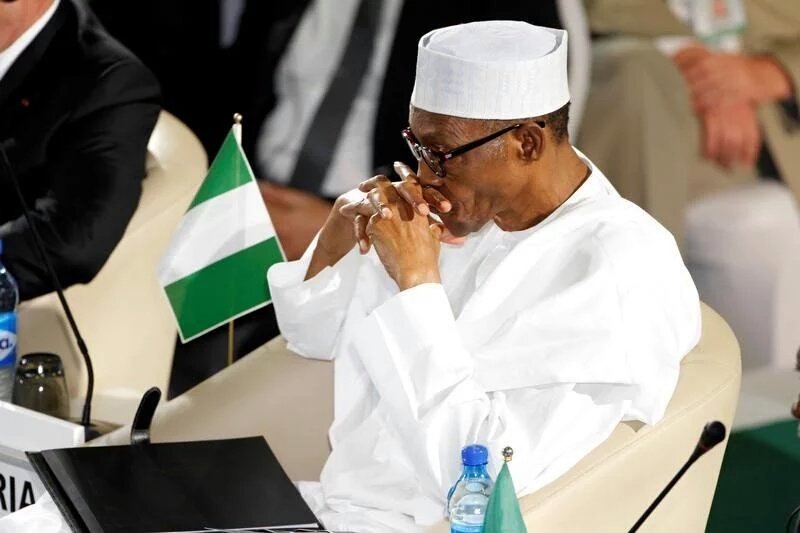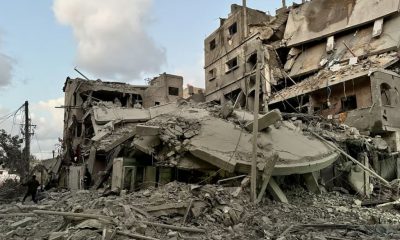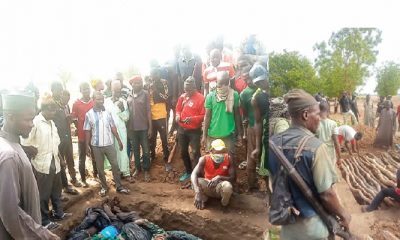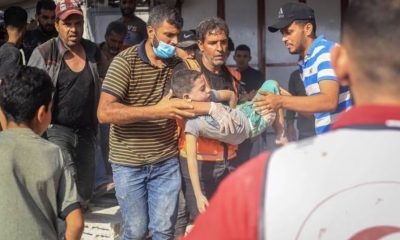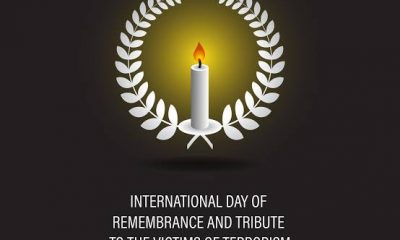The United Nations (UN) and the European Union (EU) may be telling President Muhammadu Buhari to put an end to propaganda and self-praise and accept the reality of the terrorist activities in the north while the international multilateral institutions expressed perturbation over the humanitarian crisis confronting displaced persons in the North East.
UN Humanitarian Coordinator in Nigeria, Edward Kallon, and EU Commissioner for Crisis Management, Janez Lenarcic, at a joint press conference in Abuja on Friday decried that there is no improvement of the situation in the war ravaged northeast, lamenting that hundreds of thousands of Internally Displaced Persons (IDPs), who had returned to their ancestral homes are now turning back to the camps over fears of repeated attacks by terrorists.
Kallon stated that there has been a steady rise in the number of illegal checkpoints by armed groups and the killing of aid workers in northern Nigeria.
Lenarcic, representing the EU during his visit to Nigeria, advised the Nigerian Government to seek political solutions to the crisis in the North East. He also expressed concerns about the deplorable humanitarian situation and attacks on aid workers in the north.
The EU commissioner observed that although efforts have been made to contain the terrorists for about a decade, he was of the view that it is time to strengthen regional collaboration and seek political solutions to end the conflicts.
Nigeria’s Minister of Humanitarian Affairs, Disaster Management and Social Development, Sadiya Farouq, was present at the press briefing.
The EU remarked that there are currently at least 1.8 million displaced persons from the three most-affected states – Borno, Adamawa, and Yobe.
A total of 2.9 million others are said to be facing serious food crisis in the region, while 1.2 million including women and children are cut off from humanitarian assistance.

 Comments and Issues2 days ago
Comments and Issues2 days ago
 Business6 days ago
Business6 days ago
 Business1 week ago
Business1 week ago
 Business1 week ago
Business1 week ago
 Business5 days ago
Business5 days ago
 Comments and Issues5 days ago
Comments and Issues5 days ago
 Education7 days ago
Education7 days ago
 News6 days ago
News6 days ago
